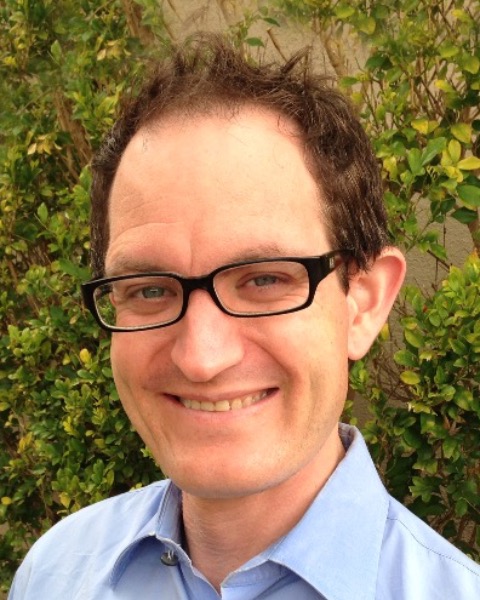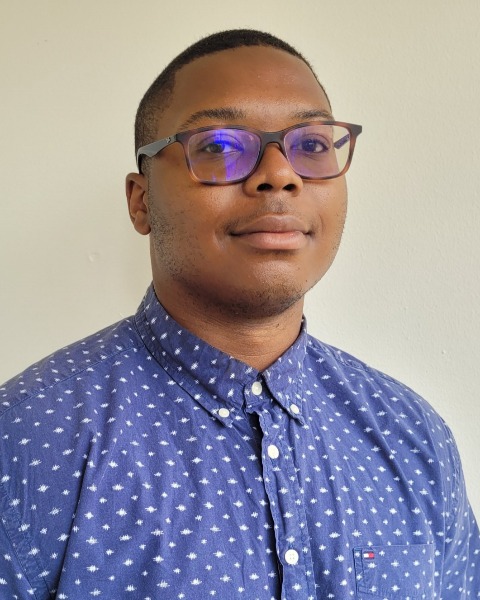Program Area: Health Sciences
Interactions Between Sleep and Biological Markers of Aging
-

Christopher Kaufmann, PhD, MHS
Assistant Professor
Health Outcomes and Biomedical Informatics
University of Florida
Gainesville, Florida, United States -

Christopher Kaufmann, PhD, MHS
Assistant Professor
Health Outcomes and Biomedical Informatics
University of Florida
Gainesville, Florida, United States -
CK
Cynthia Kusters, PhD, MD
Postdoctoral fellow
Department of Human Genetics
University of California, Los Angeles
Los Angeles, California, United States -
QX
Qian Xiao, PhD
Associate professor
Epidemiology, Human Genetics, and Environmental Sciences
The University of Texas Health Science Center at Houston
Houston, Texas, United States -

Joseph Obiagwu, BS
Post-Bachelor Student
School of Aging Sciences
University of South Florida
Tampa, Florida, United States -

Yin Liu, PhD
Assistant Professor
Human Development and Family Studies
Utah State University
Logan, Utah, United States
Chair(s)
Discussant(s)
Individual Symposium Abstract First Author(s)
There is well documented evidence that sleep architecture and circadian patterns change as people age in part due to accumulation of comorbidities, polypharmacy, and other factors inherent to the aging process. While a number of studies have examined sleep in the context of these factors, recent advances in the assessment of biological aging (including epigenetic age, metabolomics, and measurement of inflammatory biomarkers) have made it possible to identify potential mechanisms by which sleep impacts the aging course. In this symposium, we will highlight research that investigates the link between sleep disturbances and biological factors in order to identify whether sleep could be a modifiable risk factor for accelerated aging. Our first presentation will examine the association between insomnia symptoms and short sleep duration with epigenetic age acceleration using data from the Health and Retirement Study. Second, we will describe whether objectively measured sleep characteristics are associated with a number of metabolomic markers of aging. The third presentation will center around the extent to which social disparities in presence of inflammatory biomarkers may be mediated by sleep quality. Finally, we will examine how daytime sleepiness may be associated with longitudinal BMI trajectories. These presentations will, as a whole, highlight the importance of sleep as a contributor to healthy aging and longevity, and inform the development of interventional approaches targeting biological mechanisms to promote successful aging more broadly.
Learning Objectives:
- After attending this session, participants will be able to identify the sleep characteristics most associated with biological aging parameters.
- After attending this session, participants will be able to describe the biological mechanisms for the relationship between sleep and aging outcomes.
Presentations:
-
3:30 PM – 5:00 PM ETShort Sleep and Insomnia Are Associated with Accelerated Epigenetic Age
Individual Symposium Abstract First Author: Cynthia D. Kusters, PhD, MD – University of California, Los Angeles
-
3:30 PM – 5:00 PM ETAssociations Between Sleep and Rest: Activity Characteristics and Metabolomic Profiles in Older Men
Individual Symposium Abstract First Author: Qian Xiao, PhD – The University of Texas Health Science Center at Houston
-
3:30 PM – 5:00 PM ETSocial Disparities in Inflammatory Biomarkers Mediated by Poor Sleep Quality
Individual Symposium Abstract First Author: Joseph Obiagwu, BS – University of South Florida
-
3:30 PM – 5:00 PM ETDaytime Sleepiness and Weight Change Among Adults: Findings from the Wisconsin Sleep Cohort Study
Individual Symposium Abstract First Author: Yin Liu, PhD – Utah State University
